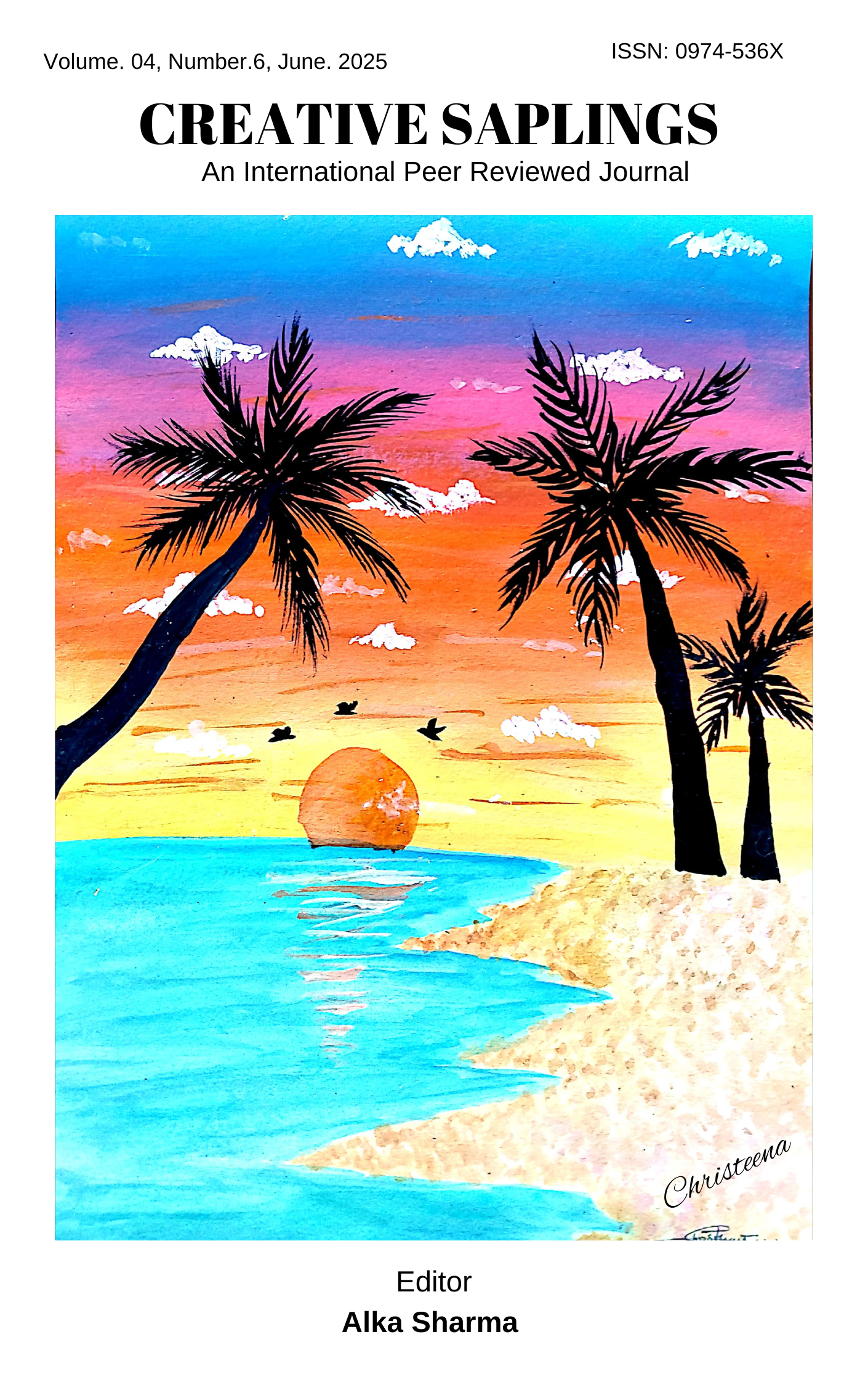Exploring Third Gender Presupposition in the Play Seven Steps around the Fire by Mahesh Dattani
DOI:
https://doi.org/10.56062//gtrs.2025.4.06.885Keywords:
Hijra, Presupposition, Pragmatic, transgender, Identity crisis.Abstract
Abstract: The factive presupposition admits the presence of hijra in Indian society. On the other hand, the non factive presupposition is not to consider the hijra community as human. The assumptions about the transgender are discriminating like transgenders are useful only on the occasions like childbirth and marriage. They are supposed to beg by wearing sarees on the streets and at the traffic signals. They are filthy, beggars, homeless and worthless. They are easily subjected to violence and sexual exploitation. They are not males or females. Thus, the assumptions about the third gender have become part of the study. Hijra, eunuch, transgender or third gender marrying a male in Indian society is a taboo. The same theme has been put forward by Mahesh Dattani in his play Seven steps around the Fire. He calls the hijra community an invisible minority. That's why they don't matter to normal people. Mahesh Dattani is the writer who speaks for such dejected, poor common folks in his plays. In line with the theme, this research paper is an attempt to explore the presuppositions of Indian contemporary society about the transgenders. The study has been undertaken to see if the assumptions are always derogatory, insulting, full of disgust. The researchers have studied the utterances of normal male and female characters in light of the pragmatic assumptions made by the characters whenever they express themselves about third gender in general. After the study it's been found vividly that the majority of the characters are having a biased, discriminating attitude towards the third gender except seeking the blessings from the third gender on the auspicious occasions that take place in the family. The study has fathomed the crisis of third gender identity in Indian society.
Downloads
References
Primary Resource:
Dattani, Mahesh. Seven Steps Around the Fire. Penguin Books, 2005.
Secondary Resources:
Abrams, M. H. A Glossary of Literary Terms. 7th ed., Prism, 2003.
Grice, H. P. “Presupposition and Conversational Implicature.” Radical Pragmatics, edited by Peter Cole, Academic Press, 1981, pp. 183–198.
Levinson, Stephen C. Pragmatics. Cambridge University Press, 1983.
Leech, Geoffrey N. Principles of Pragmatics. Longman, 1983.
Searle, John R. Speech Acts: An Essay in the Philosophy of Language. Cambridge University Press, 1969.
Ge, Liping. “Pragmatic Functions of Presupposition in Advertising English.” Asian Culture and History, vol. 3, no. 1, 2024, pp. 153–153, https://doi.org/10.5539/ach.v3n1p153.
Hemiti, Souad. “Presupposition and the Mechanism of Pragmatic Analysis of the Play A Thousand Hours for a Beggar by Mohamed Dib.” Psychology and Education Journal, vol. 61, 2025, pp. 987–1004.
Downloads
Published
Issue
Section
License
Copyright (c) 2025 Prof. Dr. Madhavi S. Nikam , Ram Patil

This work is licensed under a Creative Commons Attribution-NonCommercial 4.0 International License.





